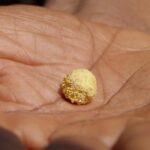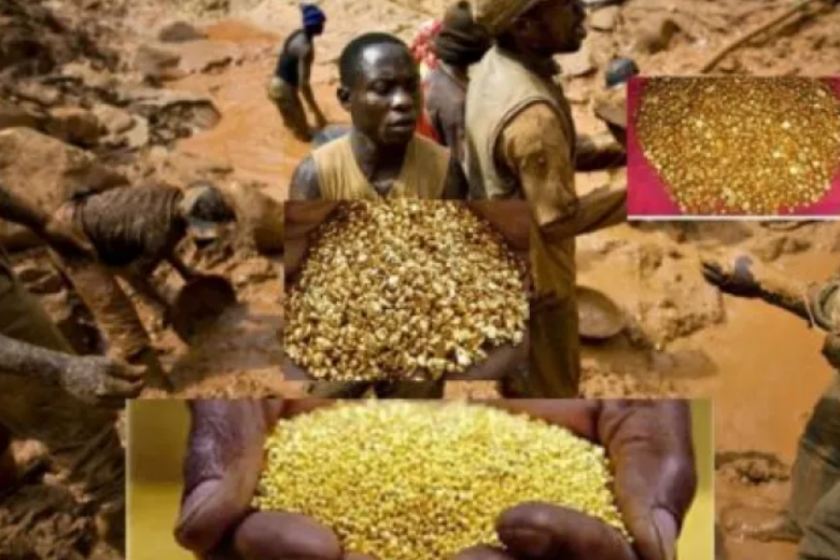Paris-headquartered minerals giant Imerys plans to develop a lithium extraction project that it’s hoped will help meet demand and secure supply for Europe’s emerging electric vehicle market.
In a statement Monday, Imerys said its Emili Project would be located at a site in the center of France, with the company targeting 34,000 metric tons of lithium hydroxide production each year from 2028.
According to the business, this level of production would be enough to “equip approximately 700,000 electrical vehicles per year.”
Alongside its use in cell phones, computers, tablets and a host of other gadgets synonymous with modern life, lithium — which some have dubbed “white gold” — is crucial to the batteries that power electric vehicles.
The project being planned by Imerys is taking shape at a time when major economies like the EU are looking to ramp up the number of electric vehicles on their roads.
The EU plans to stop the sale of new diesel and gasoline cars and vans from 2035. The U.K., which left the EU on Jan. 31, 2020, is pursuing similar targets.
With demand for lithium rising, the European Union — of which France is a member — is attempting to shore up its own supplies and reduce dependency on other parts of the world.
In a translation of her State of the Union speech last month, European Commission President Ursula von der Leyen said “lithium and rare earths will soon be more important than oil and gas.”
As well as addressing security of supply, von der Leyen, who switched between several languages during her speech, also stressed the importance of processing.
“Today, China controls the global processing industry,” she said. “Almost 90% … of rare earth[s] and 60% of lithium are processed in China.”
“So we will identify strategic projects all along the supply chain, from extracting to refining, from processing to recycling,” she added. “And we will build up strategic reserves where supply is at risk.”
Back in France, Imerys said it was finalizing what it described as a “technical scoping study” in order to “explore various operational options and refine geological and industrial aspects relating to the lithium extraction and processing method.”
The site selected for the project has, since the end of the 19th century, been used to produce a type of clay called kaolin for use in the ceramics industry.
The construction capital expenditure of the proposed lithium project is estimated to be around 1 billion euros (roughly $980 million), Imerys added.
“Upon successful completion, the project would contribute to the French and European Union’s energy transition ambitions,” the company said. “It would also increase Europe’s industrial sovereignty at a time when car and battery manufacturers are heavily dependent on imported lithium, which is a key element in the energy transition.”
In recent years, a range of factors has created pressure points when it comes to the supply of the materials crucial for EVs, an issue the International Energy Agency highlighted earlier this year in its Global EV Outlook.
“The rapid increase in EV sales during the pandemic has tested the resilience of battery supply chains, and Russia’s war in Ukraine has further exacerbated the challenge,” the IEA’s report noted, adding that prices of materials like lithium, cobalt and nickel have soared.
“In May 2022, lithium prices were over seven times higher than at the start of 2021,” it added. “Unprecedented battery demand and a lack of structural investment in new supply capacity are key factors.”
In a recent interview with CNBC, the CEO of Mercedes-Benz sketched out the current state of play, as he saw it when it came to the raw materials required for EVs and their batteries.
“Raw material prices have been quite volatile in the last 12 to 18 months — some have spiked and actually some have come back down again,” Ola Kallenius said.
“But it is true as we become electric, all-electric and more and more automakers go into the electric space, there is a need to increase mining capacities and refining capacities for lithium, nickel, and some of those raw materials that are needed to produce electric cars.”
“We have everything that we need now, but we need to look into the mid to long-term and work with the mining industry here to increase capacities.”
Source: CNBC




